On July 1, Microsoft introduced two new applications: Dynamics 365 for Retail and Dynamics 365 for Talent. Also, Dynamics 365 for Operations has become Dynamics 365 for Finance and Operations.

With the release of these new standalone applications, Microsoft tries to offer even more value to customers who are committed to their strategy and also seeks ways to deploy innovation and allow users to adopt the digital transformation at their own pace, by delivering purpose-built applications in areas where businesses most need them.
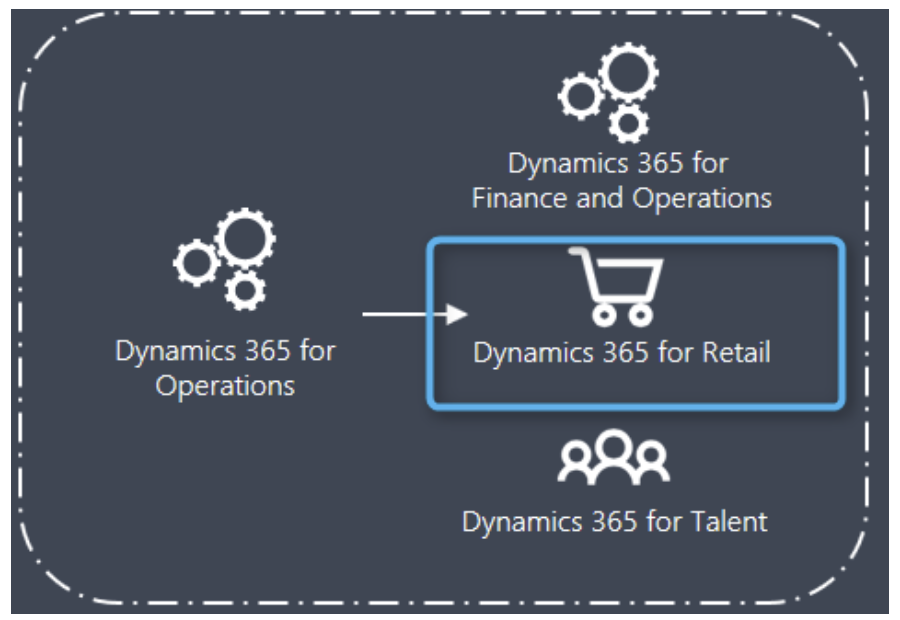
In this article, we will preview what’s coming in the new Microsoft Dynamics 365 for the Retail and discuss the app’s capabilities.
Click here to sign up to our partner program and start reselling Dynamics 365 in less than 10 minutes
What is Dynamics 365 for Retail?
The application is offered as a standalone cloud solution that helps retailers manage their operations, deliver a connected employee experience, and offer exceptional shopping experiences.
It integrates with other Dynamics 365 business applications such as Sales, Finance and Operations, and Customer Service, as well as other ERP offerings that customers may already have in place.
By leveraging intelligent forecasting and product recommendations, it lets retailers improve in-store and e-commerce profitability, drives intelligent business insights into optimized strategy and costs, and accelerates buying behavior through ubiquitous customer experiences.
Creating a personalized retail experience elevates the customer’s brand and ignites buying behavior using immersive technology that seamlessly engages customers at each touch point.
Dynamics 365 for Retail helps retailers increase product demand, improve customer satisfaction and loyalty, optimize strategy and cost, and drive business growth.
What are the Capabilities of Dynamics for Retail?
I’m just going to cover a handful of the out-of-box capabilities.
1. How can Dynamics be Useful in Modern Store Operations?
For unified point of sales (POS), the solution is cloud-engineered, designed and optimized to run on different form factors across Windows, iOS, Android, and The Web. It enables role-based, rich, modern capabilities, as well as a broad range of traditional transactional capabilities, with support for offline use and peripheral devices.
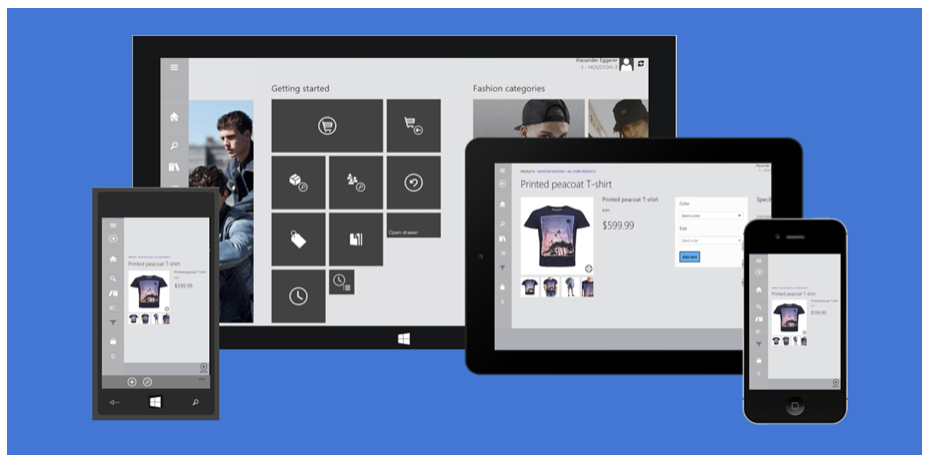
2. What do Omni-Channel Capabilities Provide?
Omni-channel capabilities provide a variety of features that allow retailers to make employees more productive and provide excellent customer service and engagement. Omni-channel order management enables consistent applicability of rules, pricing, discounts, taxes, etc.
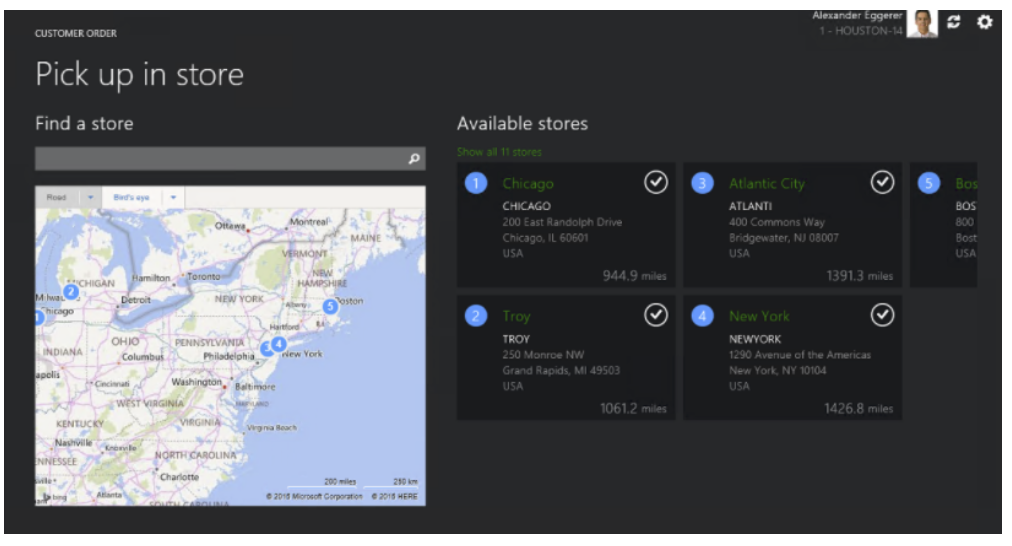
Seamless experiences are provided for customers across all channels, such as ordering online and picking up in-store, receiving the order in one store and returning in another store, earning and redeeming loyalty points across channels, maintaining unified customer profile across channels, and the ability to use gift cards across channels, among others.
As you know, in Microsoft Dynamics AX 2012 and previous versions of Microsoft Dynamics 365 for Operations, call center coupons and discount codes on retail discounts were two unrelated features that shared a common purpose: They enabled discount targeting and discount controls for a retailer. With these features, a retailer can control which customers are entitled to the discount.
3. Does Dynamics Help in Inventory Management?
Automatic replenishment based on replenishing rules, cross-doc, buyers’ push, and cross-channel inventory transfer requests allows retailers not only to get visibility but also to quickly maintain optimal inventory levels in their stores and warehouses.
4. Why Centralized Channel Management is Important?
This feature allows retailers to handle globally diverse and distributed organizations operating upon varied business models. They can centrally manage all their channels in a coherent fashion.
Universal entity constructs across the entire footprint of Dynamics 365 for Retail, including various channels as well as the back office, enable consistent and efficient means for centrally managing the entities that are related to the retailer’s business processes.
5. How Useful is Dynamics for Merchandising?
A robust set of core product pricing and promotions management capabilities is offered to meet merchandising needs for retail businesses. Merchandising entities and constructs are consistent across channels, while at the same time allowing for channel-specific configurations.
Products include support for products with or without variance, kits, dimensions such as style, color, size, as well as user configurable attributes. Merchandising includes other capabilities, such as product category hierarchies, assortments, and catalogs.
A wide range of pricing and promotion capabilities enables retailers to support specific business objectives, including category- and channel-specific pricing, as well as catalog-specific promotions.
A best-price algorithm automatically calculates the best price during checkout if multiple discounts are applicable.
6. Is Dynamics Helpful in Workforce Management?
Workforce management enables a globally diverse workforce to be productive and to provide the best customer experience.
We can easily manage many workers to safeguard system access and company data and, at the same time, provide store associates with a productive and personalized experience while using the system.
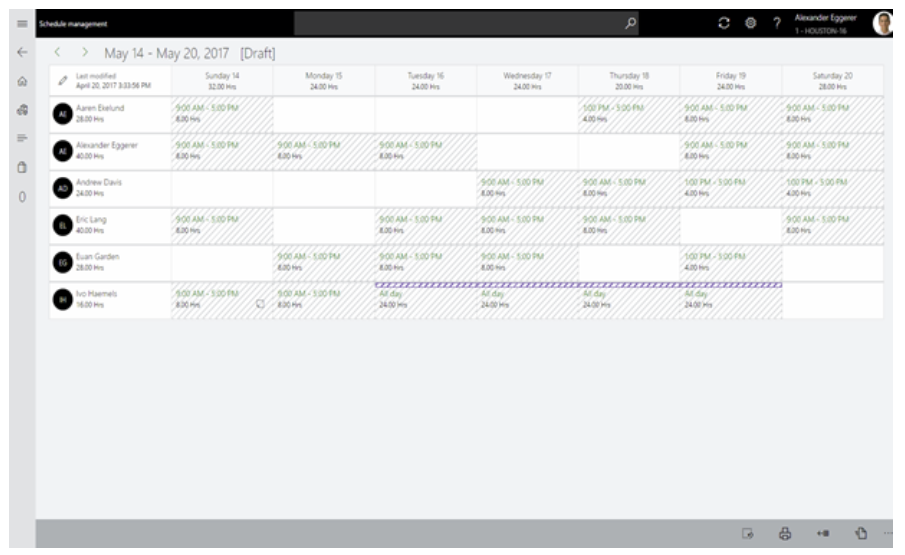
To be profitable by reducing the margin environment, retailers are constantly striving to cut their operational cost.
For most retailers, retail staff cost is a sizable portion of the operational cost and so, by controlling this cost, they can make a significant impact on their bottom-line. Also, an empowered and productive workforce lends itself to improved customer experience.
7. How Does Dynamics Personalize Customer Experience?
Customer engagement, understanding and engaging with customers throughout their shopping journey gives retailers a 360-degree view of all their engagements across all retail channels.
The customer’s profile, history, and preferences followed across channels, cross-channel customer sales reports, RFM (recency, frequency, monetary) analyses, and targeted promotions enable retailers to understand and respond to the needs of their customers at every level of engagement.
Offering loyalty programs and wish lists and enabling customers to bring their social identities with them fosters brand loyalty and stickiness with the retailer’s customers.
8. Why is Hybrid Cloud for Retail Store Important?
A key challenge is supporting business continuity at stores in the face of slow and unreliable network connectivity issues. In addition, high-volume retailers want to minimize latency for transaction processing at their stores.
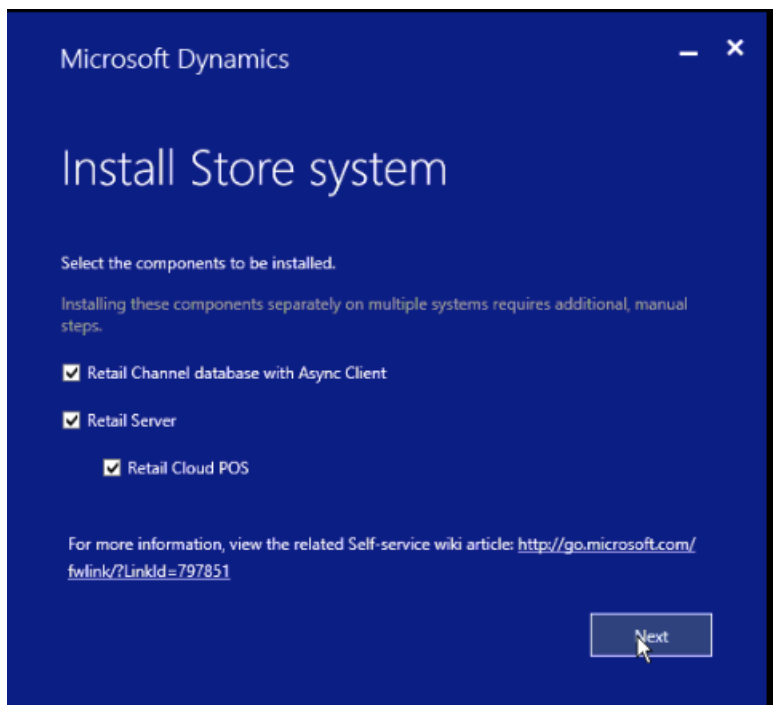
To address this requirement, we have a hybrid deployment model for retail stores, which allows the, to operate with/without connectivity to the head office hosted in the cloud.
9. What Type of Intelligence and Analytics Does Dynamics Provide?
A role-based personalized workspace, advanced data analytics, and visualizations using Power BI along with BI reports available directly at POS, ensures that your employees have access to the right data to drive business decisions.
Machine learning-based intelligence capabilities provide an unprecedented level of operational actionability by contextually weaving intelligence into existing operational scenarios and driving continuous business value.
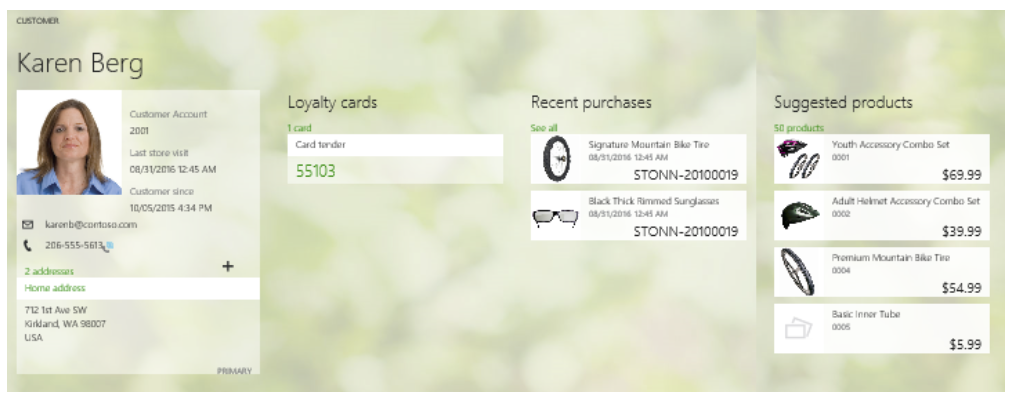
In addition, retailers now can up-sell and cross-sell with product recommendations powered by the Cortana Intelligence Suite (machine learning).
This will be available for general product recommendations based on the affinity of products in a shopping cart, and personalized recommendations for a given customer based on their past purchases and items on their wish lists.
Want more information on what a partnership with Sherweb looks like? Check out our InfoKit.
Conclusion
In today’s competitive environment, Dynamics 365 for Retail helps retailers get ahead in with tools that drive their retail operations, deliver a connected employee experience, and delight customers with exceptional shopping experiences, resulting in a positive business impact.
Starting off with License for Retail, the retail app itself will be used to license users at the headquarters and central operations of retailers. Store employees, managers, and point-of-sale devices will then be licensed with either the operations device SKU or the activity SKU, depending on the scenario.
